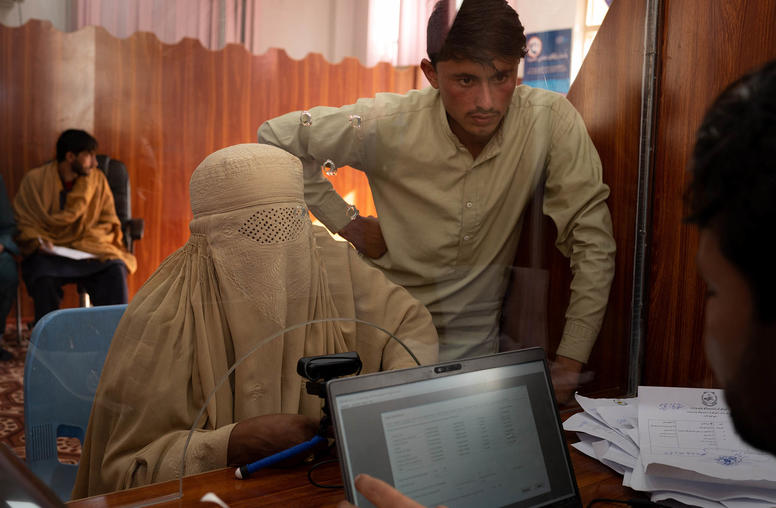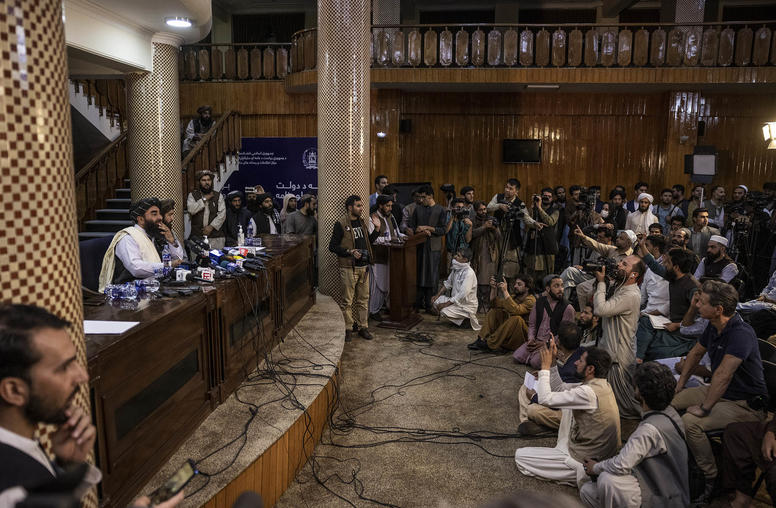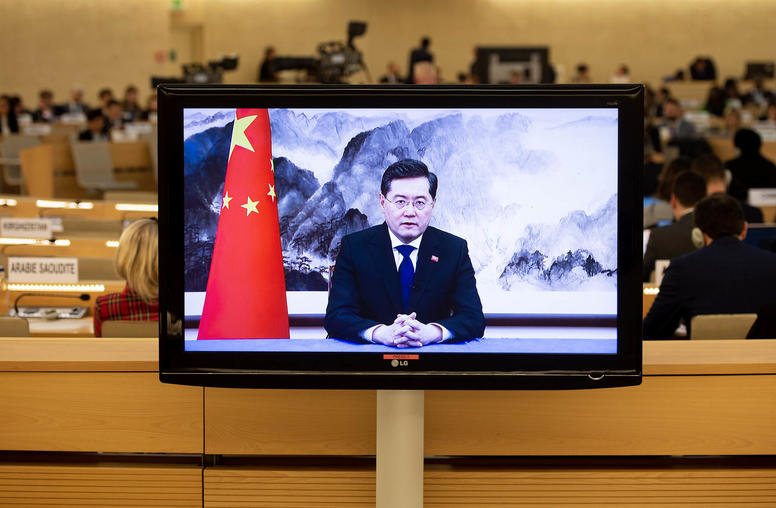Andrew Watkins
Contact
Please submit all media inquiries to interviews@usip.org or call 202.429.3869.
For all other inquiries, please call 202.457.1700
Andrew Watkins is a senior expert on Afghanistan for the U.S. Institute of Peace.
Watkins has worked in and on Afghanistan in a number of roles; he joined USIP after serving as the senior analyst on Afghanistan for the International Crisis Group, where he researched and published in-depth reports and analytical commentary on the country’s conflict and efforts to initiate a peaceful settlement. He was previously an analyst of the country’s insurgent landscape for the United Nations Assistance Mission in Afghanistan, and studied the Taliban as an independent researcher. As an advisor to humanitarian organizations based across the country, he traveled widely and conducted extensive field research. He also served as a liaison with local security forces for several years.
Watkins' research focuses on insurgency in Afghanistan, regional engagement in the Afghanistan conflict, and challenges and opportunities for humanitarian access. He has written extensively on the phenomenon of cohesion and fragmentation within the Taliban. His commentary and analysis have been widely published by major media outlets and research institutes, and he is regularly cited by global press such as the Washington Post, Wall Street Journal, the BBC, the Economist, Associated Press, NPR, Foreign Policy, Al Jazeera and many others.
Watkins has a master’s from Harvard University and a bachelor’s from Columbia University.




